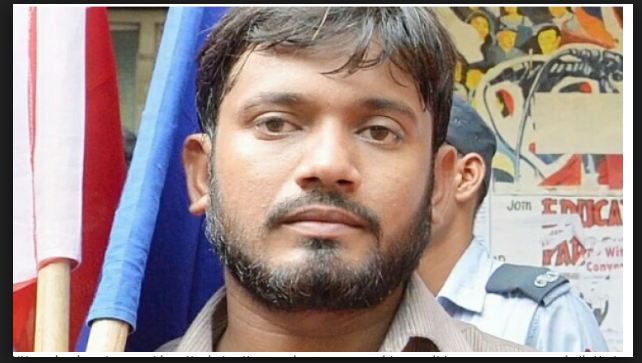The poster boy of Lutyens’ media and former president of Jawaharlal Nehru University Student Union (JNUSU), Kanhaiya Kumar, seems to be in yet another controversy. According to a My Nation report, his research paper has appeared in a predatory journal. Predatory publishers are journals which charge money from the author for the publication his/her research article and bypass peer review altogether. Peer review plays a pivotal role in establishing the credibility of research. Basically, Peer review is a process of analysis of author’s work, research or ideas by one or more than one people who are well-qualified names and experts in the concerned field, before a paper representing author’s work is published in a journal, conference proceedings or as a book. Peer review methods are used to maintain the standard of quality, improve performance, and provide credibility. In the field of academics, scholarly peer review is often employed to determine an academic paper’s suitability for publication.
Kanhaiya Kumar’s article has appeared in an infamous journal blacklisted globally as a predatory journal. According to My Nation report, the renowned, globally trusted Beall’s List had listed the International Research Journal of Humanities, Engineering and Pharmaceutical Sciences (IJHEPS), where Kanhaiya’s article appeared, as a “predatory journal”. As per UGC guidelines, publishing of a research article in a peer-reviewed journal is an essential requirement for Phd thesis submission.
Speaking to My Nation, Kanhaiya Kumar’s associate Varun said that they were not aware about the predatory status of the journal and would look into the matter. He said, “This is also news to us that the journal has been blacklisted. We submitted our article online. May be it is not blacklisted here in India. We are not aware of it. Before submission of PhD thesis an article had to be published and we did it so that the government does not catch us on any grounds.”
Kanhaiya Kumar recently submitted his Phd thesis titled ‘The Process of Decolonisation and Social Transformation in South Africa.’ He completed his thesis under the guidance of Left-leaning professor SN Malakar in the Centre for African Studies, School of International Studies (SIS). Kanhaiya Kumar’s article was published in June this year in IJHEPS. IJHEPS is among the most notorious predatory journals in the world. It was blacklisted in 2014 by Beall’s List which is a most trusted source on predatory journals.
Now, the question emerges whether Kanhaiya Kumar did it deliberately because he was very well aware that his research was substandard and reputed journals would definitely refuse to publish his low-quality research work or is it ignorance on his part? Either way, it goes against the academic ethics and also raises doubt over his research credentials and the University research ethics committee must thoroughly probe the matter further and take necessary steps. Such acts deserve zero tolerance. The government of India spends a huge amount of tax-payers’ money on these research scholars and if they are using that hard-earned tax payers’ money on unethical practices and coming up with shoddy research papers then it is the misuse of funds and also a betrayal to the field of academia. By taking strong actions against such pseudo-scholars the university must set a precedent that anyone if dares to indulge in unethical practices then s/he will also get harsh treatment without any mercy. A lax attitude from here would encourage more and more to employ unethical route in order to get their work done.
